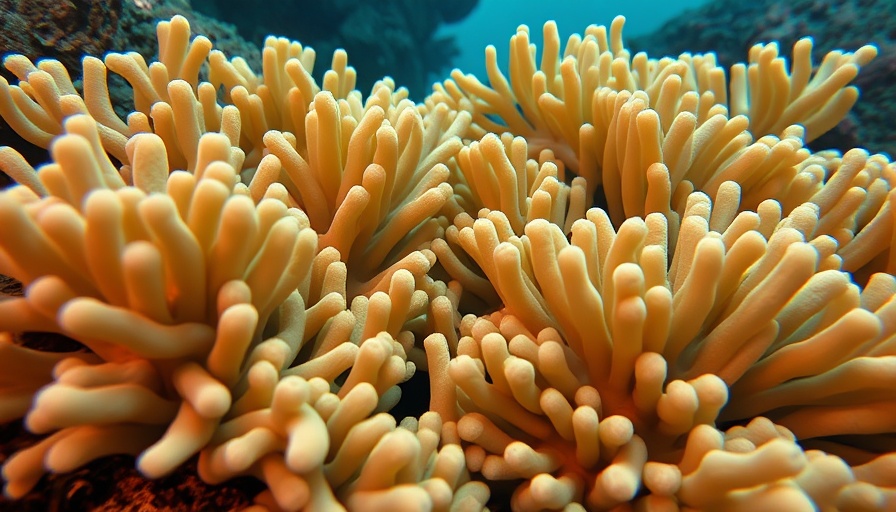
Discovering Our Ancient Neighbors: The Role of Sponges in Evolution
In a groundbreaking study, researchers at MIT have unearthed compelling evidence suggesting that sea sponges might hold the title of the first animals on Earth. This revelation not only shifts our understanding of animal evolution but also underscores the importance of simple organisms in the intricate web of life's history.
The Chemical Markers of Life
The MIT team's research focused on chemical fossils found in rocks over 541 million years old from the Ediacaran period. By analyzing these steranes—biologically relevant chemical structures—they linked them unequivocally to ancient sponges, specifically demosponges, indicating their presence long before other complex life appeared. This discovery echoes findings from various studies, such as those published in Nature Communications, which debate phylogenetic relationships among early multi-cellular organisms.
Why Sponges Matter: A Sneak Peek into Evolution
Understanding the evolutionary significance of sponges goes beyond academic curiosity; it has implications for ecology and evolutionary biology. Sponges are fundamentally simple yet crucial, as they helped lay the groundwork for more complex life forms. They are vital to marine ecosystems, supporting biodiversity and food webs. Their ability to filter sea water also highlights their ecological importance, helping maintain ocean health.
Ancient Insights Offer Modern Applications
As home improvement enthusiasts, homeowners can draw parallels from the sponge's design—a structure built on simplicity, yet effective in function. By adopting the sponge’s filtering efficiency, homeowners can explore more sustainable designs for water conservation in garden landscapes. Such practices promote not just aesthetic value but also ecological balance, showcasing how ancient lessons can guide modern living.
Looking Ahead: Future Research Directions
Going forward, researchers plan to explore further regions for sediment samples that might provide insights into the evolutionary timeline of sponges and other life forms. By establishing a clearer timeline, they hope to unravel more mysteries of early life on Earth, potentially influencing our understanding of biodiversity today.
As we deepen our understanding, the retelling of the Earth's ancient past may inspire new innovations in sustaining our own environments. Lessons from our simplest predecessors, like sponges, offer a refreshing perspective on adaptation and resilience not only in nature but also in home design and lifestyle.
If you're intrigued by how ancient discoveries can shape modern practices, consider exploring how these insights can inspire your home projects. Engaging with nature, whether through landscaping or sustainable living, can lead to a homespun approach echoing the elegance of sponges!
 Add Row
Add Row  Add
Add 




Write A Comment